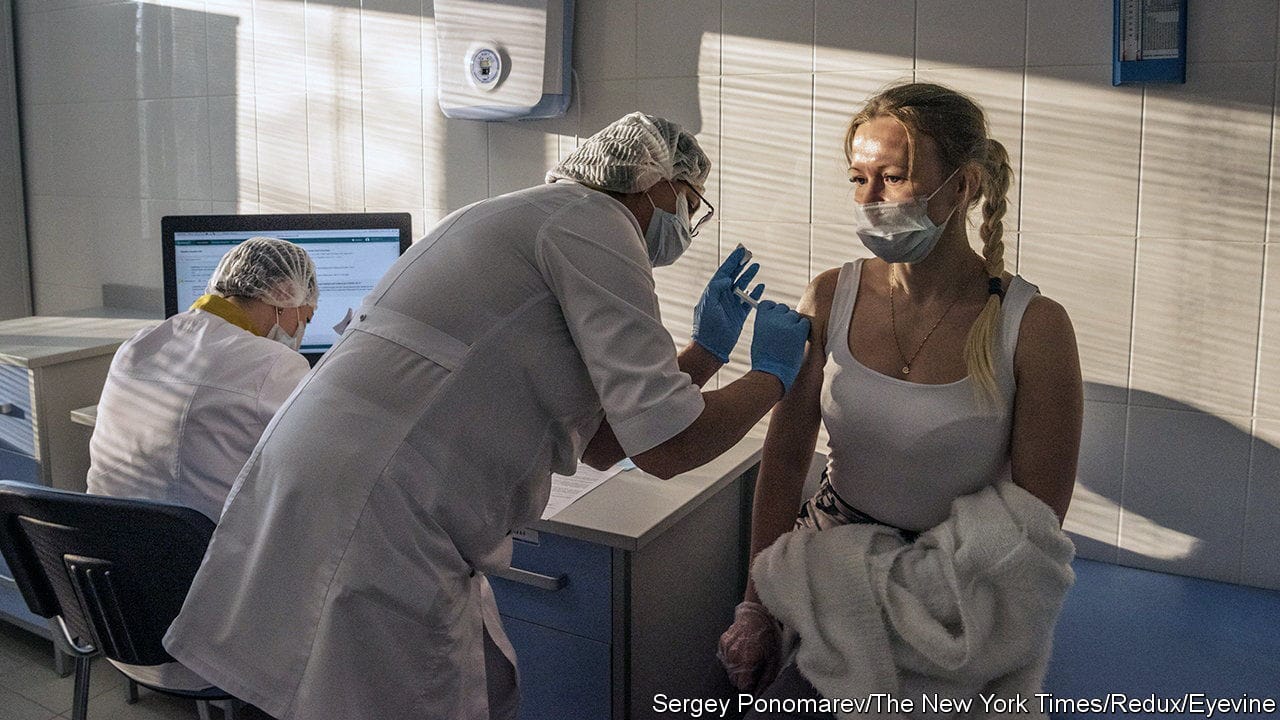- by
- 01 30, 2025
-

-
-
Loading

Loading

a coin, your chances of getting heads or tails are equal. But if several people flip a dozen times each, the chance of them all getting a 50:50 split is small. Neither are they likely all to get exactly the same split, 50:50 or otherwise, between heads and tails. This simple concept is what Kyle Sheldrick of the University of New South Wales, in Sydney, and his colleagues have used to show that clinical trial results for Russia’s Sputnik V covid-19 vaccine, published in the in 2021, contain some numbers which are extremely unlikely to occur in that type of trial. Dr Sheldrick’s team published their analysis on June 20th in the . It was motivated by concerns that other researchers had raised earlier about one particular pattern in the Sputnik V paper: the was almost identical in each of the five age groups shown. The Russian scientists’ answer was that these results reflected a true efficacy that did not differ by age. But are usually affected by all sorts of random circumstances, known as “noise” in the jargon. The implication is that, in this particular trial, the various sources of noise cancelled one another out in a way that generated a pattern of equivalent efficacy in all age groups.